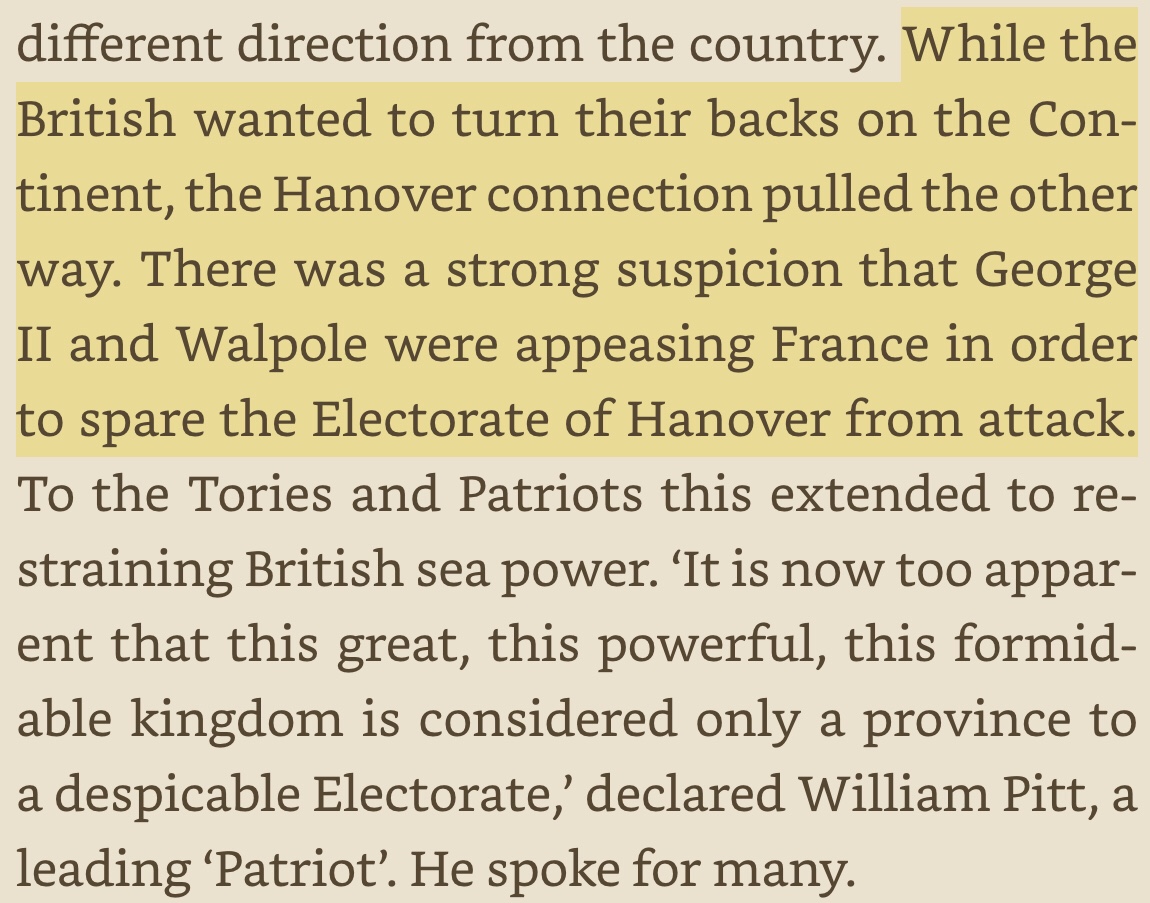Tag: book review
-
Reading About The Camino De Santiago
Reading Time: 2 minutesOver the last month or so I have been reading Le Camino Seule, ou enfin presque and it is one of my favourite hiking books. It might simply be because it was written in French, by a french woman rather than in English by Brits or Americans but it made me feel…
-

Get Up – A Book Encouraging Us to Stand and Move More.
Reading Time: 2 minutesWhat do snails have to do with chairs, I wondered as I listened to a book speaking about our addiction to sitting and chairs. It turns out that snails and other animals are programmed to move, walk, slither or other in an individual way. He started, by discussing sleeping in class, and…
-
Bits, Bytes and Barrels – A Review
Reading Time: 2 minutesThrough Booktasters I was able to read Bits, Bytes and Barrels, in exchange for an honest review. The book was available to read via Audible so this time I was able to walk, run and do other things whilst listening to the book. I listened to it from start to finish despite…
-

Empire Of The Deep and Brexit
Reading Time: 4 minutesI am currently reading Empire of the Deep, The Rise and Fall of The British Navy and to read it within the context of Brexit is interesting. We already know that the British gave up on the Catholic Church because Henry the Viii wanted to change wives and the Pope said no.…
-
The Now Habit
Reading Time: 2 minutesAt the moment quite a few of the podcasts I listen to have been speaking about audiobooks and how practical they are for people who communicate and I decided that I would try this out for myself. Since I am not always the most effective person at getting things done I decided…